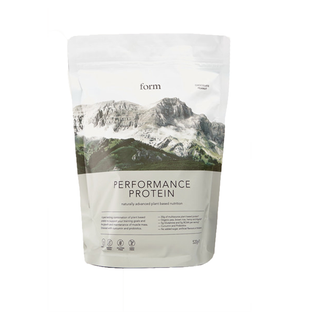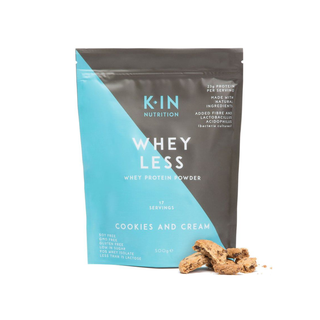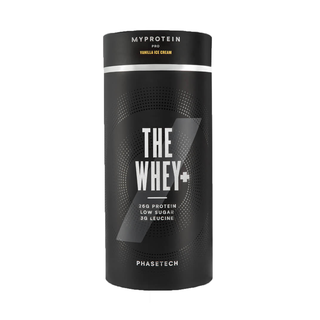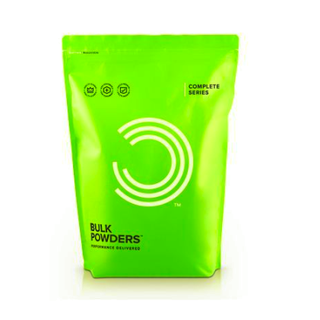Boiled Egg Diet Calories Per Day
Finding out how many calories are in an egg doesn't have to be a case of finding a hen and asking some tough questions. In fact, it's far more simple. The key is not to get caught up in the marketing jargon that says eggs are either a) the best things ever or, b) to be avoided at all costs.
Surprisingly, the humble egg has been a long point of controversy (similarly to fasted cardio) with a study from US-based Northwestern Medicine linking eggs and dietary cholesterol with cardiovascular disease and early death. Yeesh. Now, before you swear off the white and yellow gems entirely, let's look into all the claims about eggs, how many calories are in an egg and all the benefits of keeping them in your diet.
Read on for answers to your most frequently asked egg-based questions, including how many calories are there in an egg, what nutritional benefits eggs have to offer and should you be packing two a day to snack on from your desk? So, what are we waiting for? Let's peel off the shell and find out exactly what an egg has to offer.
How many calories are in an egg?
This question is more nuanced than it might seem from the outset. Not only are there different sizes of eggs but how you cook them will have a direct impact on how many calories they have. Let's break it down.
According to registered nutrition and founder of Surrey Dietitian Harriet Smith, there's as much as a 25 calorie difference between
- small egg calories: 54 calories,
- medium egg calories: 63 calories,
- large egg calories: 79 calories.
And yes, as those egg white loving readers amongst you will know, most of the calories are hidden in the yolk. But, as Smith says, it's really how you cook the egg that gives it more, or less, nutritional credit. For example, a:
- Hard-boiled large egg = 79 calories
- Poached egg (large) = 79 calories
- Omelette (1 egg, plain) = 96 calories
- Fried egg = 115 calories
- Scrambled egg (1 egg with milk) = 125 calories
- Eggs Florentine (1 egg) = 267 calories
- Eggs Benedict (1 egg) = 287 calories
- Scotch egg = 289 calories
If you're wondering how many calories are in two eggs, we trust you to do the maths – it's just a case of doubling the calories in one!
5 health benefits of eggs
There are tons of benefits to eating eggs. A plentiful amount, you might even say. Smith sums the pros of eggs up:
1. Eggs are a good source of protein
The type of protein found in eggs is high quality. It is called complete protein because it contains all the essential amino acids required by the body. A large hardboiled egg contains around 8g of protein (in comparison, an 85g chicken breast contains 27g, a 170g pot of Greek yoghurt has 17g, and a serving of 23 almonds, 6g). A woman's recommended daily intake is 45g protein per day.
2. Eggs are a source of vitamin D (aka the sunshine vitamin)
You'd need to eat about nine eggs a day to get the recommended daily amount of vitamin D (10mcg or 400 IU). We get most of our vitamin D from sunlight exposure or supplements, but since most people in the UK are low on vitamin D, eating eggs could help to boost your intake.
3. Egg yolk is rich in omega-3 fatty acids
Which are important for brain, heart and joint health. The amount in the egg depends on what the hen has been fed; you can buy omega-3 or DHA (a type of omega-3) versions of eggs from most supermarkets.
4. Eggs provide the antioxidant mineral selenium
Antioxidants help to slow the ageing of our cells. One large egg contains about 22% of the recommended daily intake for selenium.
5. Eggs keep you feeling full for longer
Studies have shown that overweight and obese women who ate eggs – full eggs, not just the whites – for breakfast felt fuller and ate fewer calories for the next 36 hours compared to the women who ate bagels (carbs) for breakfast.
OK, but what about the link between eggs and higher cholesterol?
Research linking dietary cholesterol in eggs with a heightened risk of early death is pretty punchy stuff. The study, from Northwestern Medicine in the US, looked at nearly 30,000 US adults, with an average age of 51. For every additional half of an egg eaten per day (around three extra eggs per week), the risk of cardiovascular disease rose by 6%.
Another study, from China, however, showed the opposite; that people who ate an egg a day had lower rates of heart disease, and other papers have concluded that eggs don't make any strong impact on coronary artery disease risk.
So, what to believe?
'It's widely accepted by scientists that dietary cholesterol has very little effect, if any, on blood cholesterol in most healthy people,' says Smith. 'Reducing your total fat intake and saturated fat intake (from processed foods, red meats, pastries, cakes etc.) is more important when it comes to reducing dietary cholesterol than simply eating fewer eggs.'
What's the best way to eat an egg?
'It depends on what you're trying to achieve,' says Smith. 'If you need to lose weight or you're watching your calorie intake, opt for poached, boiled or scrambled. If you need to gain weight, fried eggs, omelettes or Eggs Benedict would have more calories.
'I prefer to focus on what you're adding to the eggs. Pair the eggs with some complex carbohydrates (such as wholemeal toast) and vegetables (think spinach, grilled tomatoes or mushrooms) for a balanced and filling dish. You could even add some avocado or smoked salmon for additional heart-healthy fats. One of my favorite recipes is Shakshouka (baked eggs with tomatoes and peppers).'
Try this: Salmon & Egg Breakfast Muffin Recipe
Protein 45g | Carbs 26g | Fat 28g
An Insta-ready brunch needn't be a blow-out. Try this recipe designed by Fresh Fitness Food.

Michael Hart
Ingredients
- 2 eggs
- 30g smoked salmon
- 1⁄2 tsp chives, chopped
- 6 cherry tomatoes
- 1⁄2 tsp oregano
- Handful watercress
Method
1. Crack the eggs into a bowl and lightly whisk, add the salmon and chives and season with salt and pepper.
2. Season the tomatoes with salt, pepper and oregano, then roast at 180°C for 20 minutes.
3. Pour the egg mix into greased muffin tins.
4. Bake at 180°C for 10 minutes or until the muffins are set.
5. Serve the hot breakfast muffins and roasted tomatoes with a handful of watercress. Yum.
I'm bored of eggs, where else can I get protein from?
Fortunately, eggs aren't the only place to find protein. Whether you're a veggie or a meat-eater, switching up your go-to diet staples can be a way to keep your nutrition fun (and functional) without becoming boring and staid.
These foods all contain protein and work well as part of your weekly nutrition:
- Yoghurt
- Cheese
- Protein powder
- Tofu
- Chicken
- Quinoa
- Tuna
- Soybeans
- Salmon
But remember, protein is only one part of the puzzle. Healthy fats and carbohydrates are important macronutrients too (as well as much-needed micronutrients from fruits and veggies) so don't go protein-mad and forget about everything else, 'kay?

Form Vegan Performance Protein - Chocolate Peanut

Whey Less protein powder - Cookies And Cream

MyProtein THE Whey+ protein powder
Myprotein myprotein.com
£47.99

Complete Protein Blend - Whey, Milk, Eggs
protein bulkpowders.co.uk
£8.39
This content is created and maintained by a third party, and imported onto this page to help users provide their email addresses. You may be able to find more information about this and similar content at piano.io
Boiled Egg Diet Calories Per Day
Source: https://www.womenshealthmag.com/uk/food/healthy-eating/a27031839/how-many-calories-in-an-egg/